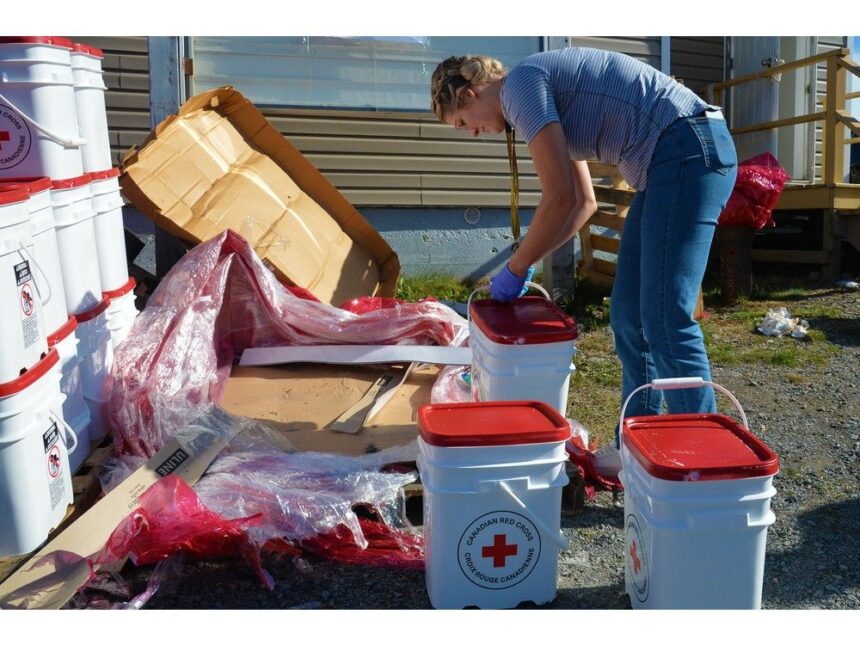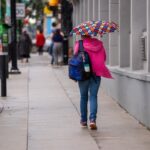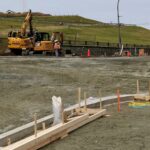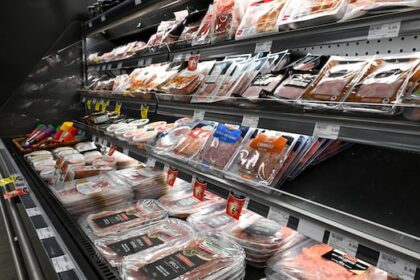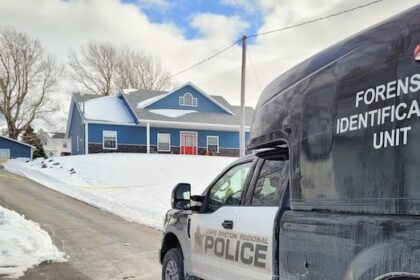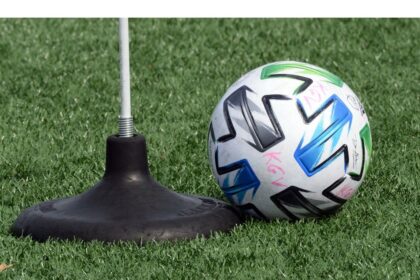Article content“They’re afraid,” said Sharpe. “You don’t know if a fire is going to start again. There’s been so many fires. Everybody’s afraid now, they’re getting nervous. I’m sure most of them will rebuild though — the people from up this way.”Article contentChandler estimates 60-70 per cent of residents in the area are uninsured due to living off a pension or living paycheque to paycheque, which could make the prospect of rebuilding unlikely, if not impossible.Article contentThough it stands at $36,281.94 (short of its $150,000 goal), the North Shore Recovery Fund has been a source of relief. Still, the region is asking the provincial government to match it.Article content“I know it’s a big ask,” said Chandler. “But it’s overwhelming, people all over the world donating to that fund. It means a lot.”Article contentWhatever happens, he estimates it will take years to rebuild to get things back to normal.Article contentArticle contentBUSINESSES, COMMUNITIES TEAM UP TO HELP OUTArticle content Heidi Rossiter with Newfoundland Health Services prepares cleanup kits for residents living in the Kingston fire area who are returning to their homes since the evacuation order was lifted. Photo by Keith Gosse/The TelegramArticle contentThe Comfort Center lives up to its name, offering residents affected by the devastating fires just about anything they need to keep going, whether it’s water, toiletries, masks, a hot meal (three times a day), dried goods, or registering with government agencies for aid. A folk singer is even on hand to lighten the mood.Article contentComprehensive though the services are, the centre is still seeking aid with the removal of refrigerators. Article content“Elderly people can’t just lift a fridge out of their house, so we’re trying to get third-party recycling handlers to come and help get the fridges and freezers out of their houses,” said Chandler. “That’s our biggest challenge.”Article contentArticle contentThe spoiled food problem is made worse by the temporary closure of the only two stores in the area, which host 11 fridges and coolers between them. Though they weren’t damaged by the wildfire, its owners had to evacuate, leaving all food to rot.Article contentArticle contentFortunately, Loblaws, The Salvation Army, Peter’s Pizza, the NL Dairy Association, egg producers, Mary Brown’s, and The Red Cross have all donated food, water, and/or supplies. However, most donations have come from ordinary residents, who provided pillows, blankets, food, and dry goods.Article contentWATER AND FIREFIGHTER TROUBLESArticle contentAnother issue the town is dealing with is drinkable water.Article content“(Our firefighters) were using some chemicals and foam,” explained Chandler. “So we have to get all the municipal pump houses tested, to make sure the water is potable and safe for consumption.”Article contentWhile he appreciates the provincial government’s donation of $100,000 in wildland equipment, firefighter training in CBN is a major issue. Whereas more populated areas like Grand Falls-Windsor and even the adjacent Badger are said to have top-tier training that fully prepares even volunteers for wildfires. It’s not the case in his area.Article content“The one thing I hope comes out of this is maybe the province can team up with these volunteer fire brigades and get them to do some wildland training. That (would) be a huge help.”Article contentSean Ridgeley is a Local Journalism Initiative reporter.Article content
Conception Bay North pulls together in wake of wildfire, residents grieving
